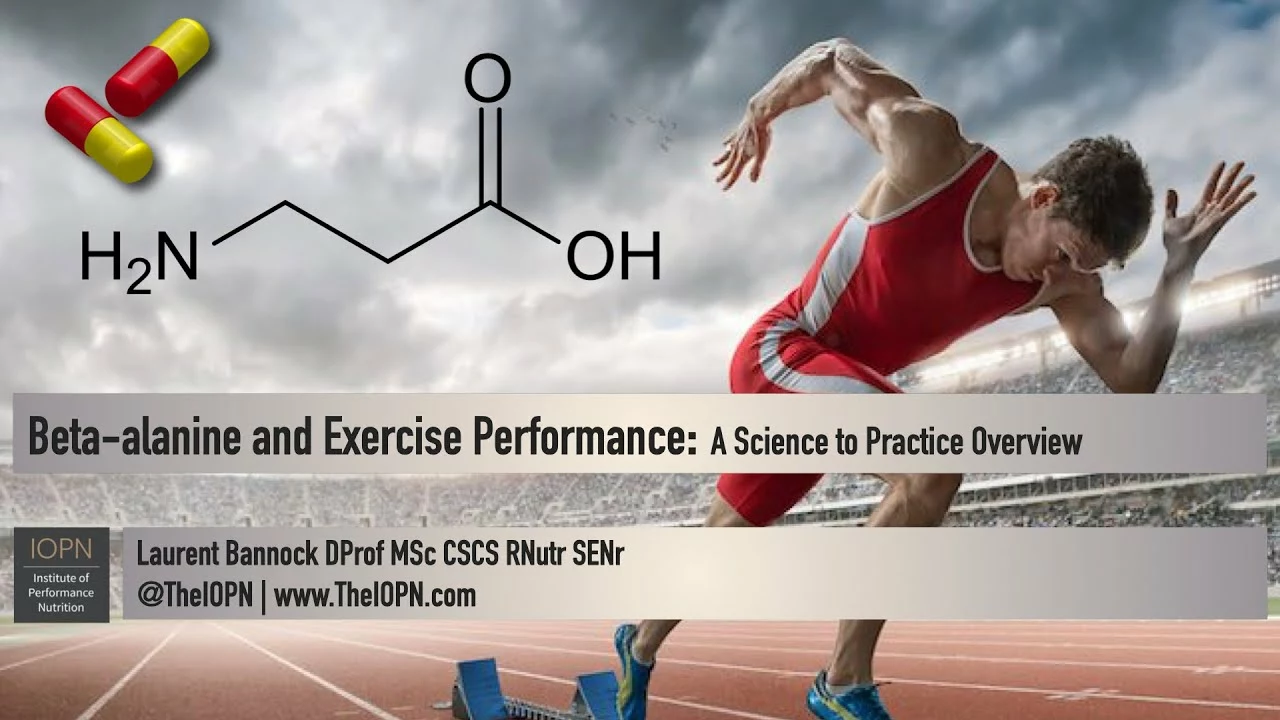Exercise performance: real ways to train, recover, and avoid hidden roadblocks
Want faster recovery, cleaner energy, or fewer workout setbacks? This tag brings together clear, practical reads from CompoundingRxUSA.com that explain how your body and some drugs or supplements change results. You'll find short guides on enzyme support, cognitive aids for focus, and how prescription meds can alter strength, balance, and stamina.
Why enzymes matter for performance
Enzymes do more than help digestion. They break down protein, speed recovery, and turn food into usable fuel. If you feel sluggish after meals, recover slowly, or get bloated, low digestive or metabolic enzyme activity might be part of the problem. Our article "How Lack of Enzymes Sabotages Athletic Performance and Recovery" explains which enzymes matter (proteases for muscle repair, lipases for fat use, and metabolic enzymes for energy) and gives simple fixes: spread protein across meals, try targeted enzyme supplements for short periods, and track whether soreness and energy improve.
Small tests you can run at home: note how you feel after different meals, try a short trial of a digestive enzyme before a heavy protein meal, and keep a two-week log of sleep, soreness, and performance. If things improve, talk with your clinician about longer-term options and lab checks.
Medications, supplements, and smart recovery
Some meds help conditions but can blunt athletic gains. Muscle relaxants like baclofen may reduce spasm but also lower coordination or motivation. Antidepressants and older drugs such as amitriptyline can cause drowsiness that reduces training quality. Thyroid changes directly affect energy and training output — our guide on "Switching Thyroid Medications Safely" covers how dose tweaks can change your workouts and how to monitor TSH and symptoms.
Supplements that show promise include targeted enzyme blends (for digestion and recovery) and, in specific cases, nootropics like galantamine for focus during complex skill practice — see "Unlocking Athletic Performance: The Benefits of Galantamine." Always test one change at a time and watch for side effects. If you take prescription meds, check interactions before adding anything new.
Practical checklist to try this week:
- Track one key metric: training load, sleep, or resting HR for two weeks.
- Try protein timing: 20–30 g within 45 minutes after intense sessions.
- Test a short enzyme supplement trial with a heavy-protein day and note recovery.
- Review current prescriptions with your pharmacist for side effects that could affect training.
- Prioritize sleep and hydration before chasing supplements — they move the needle most.
This tag links you to deeper articles on specific drugs, dosing concerns, and safety tips. Read the pieces that match your goals, run simple tests, and always involve your healthcare provider before changing medications or starting new supplements.

- 15 Comments
I recently came across a study on the impact of azelastine on exercise performance and found it quite fascinating. Azelastine, an antihistamine, is commonly used to treat allergies, but it seems it may have some unexpected effects on our physical abilities. The research showed that azelastine might have a negative impact on exercise performance, as it can cause drowsiness and decreased reaction time. This is something to consider for athletes and fitness enthusiasts who rely on their alertness and quick reflexes during workouts. So, if you're using azelastine for allergies, you might want to consult your doctor about possible alternatives if you feel it's affecting your exercise performance.
